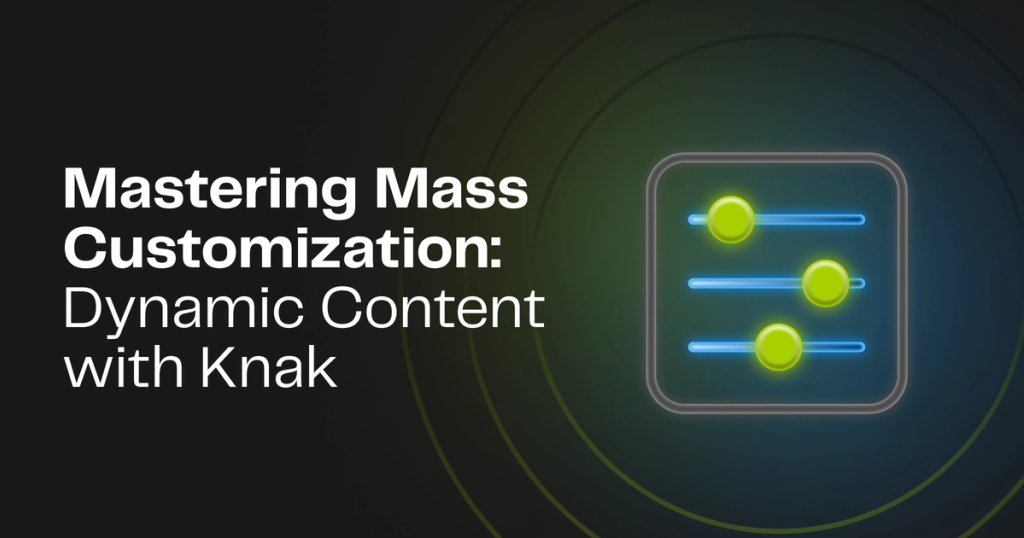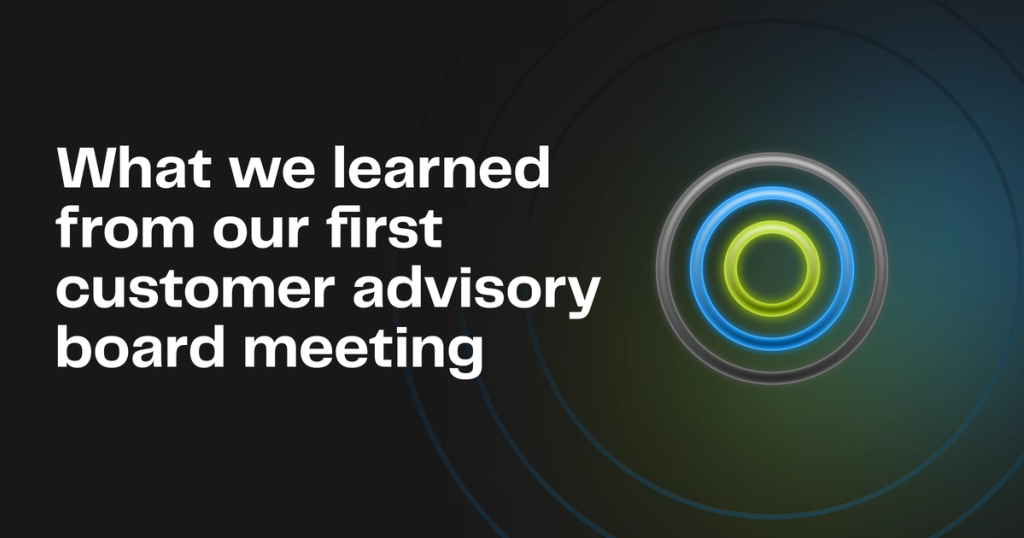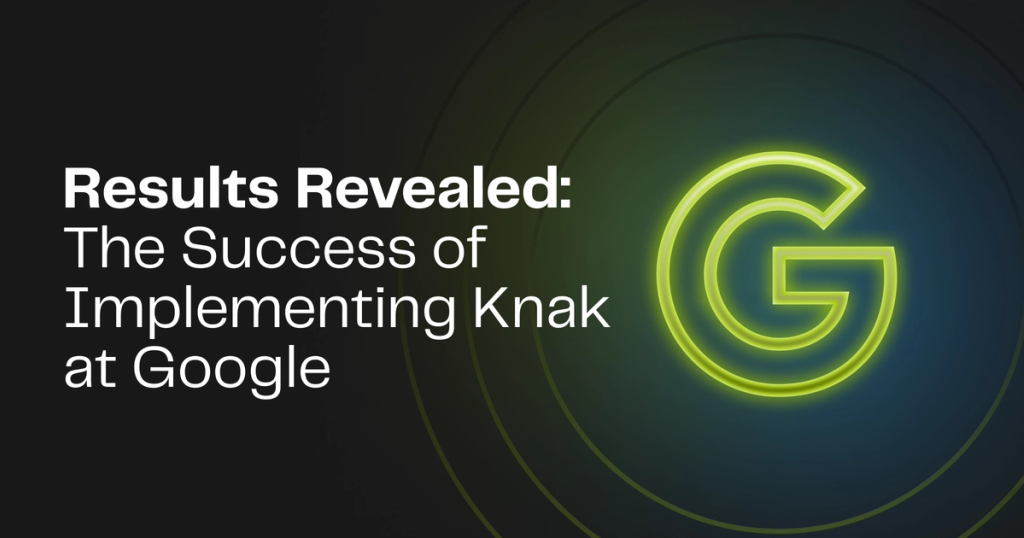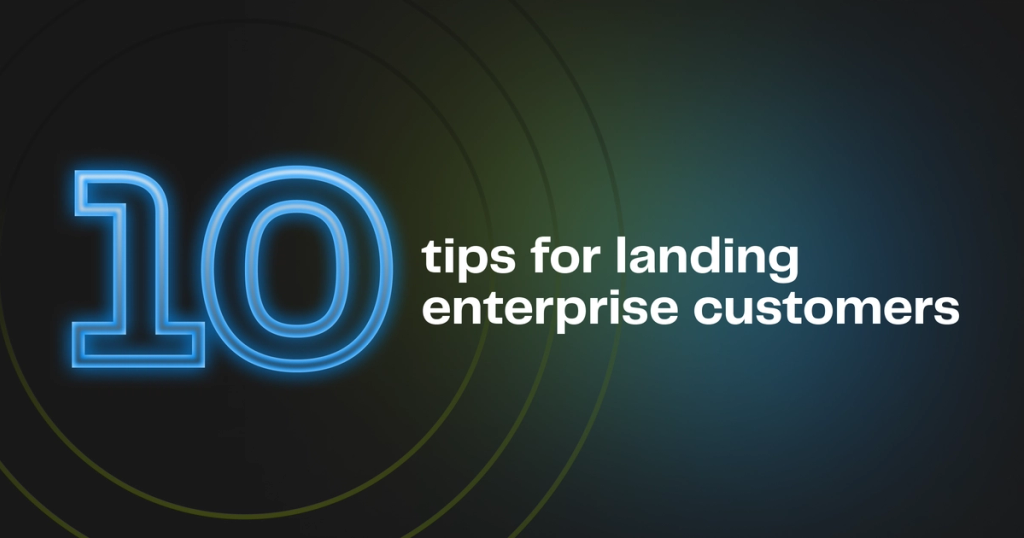Blog
The software review revolution

Summary - Join the revolution in software reviews with Knak. Learn how customer feedback is reshaping software purchasing and driving transparency.
How customer reviews are changing software purchasing
Sites like Yelp and Tripadvisor have been around for a long time, and customer reviews of consumer-oriented businesses are so common that people expect them. Who books a hotel room or a table at a fancy restaurant without at least glancing at what others have written about the place?
But customer reviews of software? They didn’t exist – until relatively recently.
Now, Slack communities and dedicated websites allow buyers of software to exchange information or post reviews. As a result, buyers no longer have to rely solely on what a vendor or a big-name analyst tells them; they can communicate with other users and get an unvarnished opinion about a software product before they buy.
Knak is both a buyer of software (for internal use) and a seller of software as a service. Whether you’re a buyer or a seller, I think customer reviews are a good thing.
Here’s why.
Customer reviews make research more efficient
The simplest and most trusted way to buy a product or service is to rely on word-of-mouth. Need the services of a plumber? Chances are, you’re going to ask the people you know – family, friends, work colleagues – for recommendations. After all, if three of your neighbours can vouch for a particular plumber, it’s likely that person’s work is reliable.
But things are a bit different when it comes to software – and in particular, software that is of use only to a relatively small and specialized market. Most households will need a plumber at one point. However, the number of people and businesses who have direct experience with certain kinds of software is quite small. No one in my family is likely to have used some of the business software products I’d be looking at!
For example, at one point our sales team was having to build an increasing number of quotes and proposals for potential customers and was looking to make that process more efficient so that we could get quotes out faster.
To get word-of-mouth recommendations for a software solution to their problem, our sales team would have to reach out to their peers in other marketing technology companies and ask whether anyone there was facing the same kind of challenges we were, and how they’d dealt with them.
They can now do their research much more efficiently by posing their questions on a Slack channel, or by using review websites like TrustRadius, G2.com or Capterra. Some Slack channels have tens of thousands of members, and the websites cast a very wide net. So there’s a lot of expertise to draw from.
User recommendations are more likely to be unbiased
Who do you trust to give you an unbiased opinion about the software you want to buy? That was the topic of an interesting debate recently on LinkedIn, where a Seattle-based SaaS expert got his followers to vote on what source they trusted most when buying software. He gave them four choices: big analysts like Gartner or Forrester; the review websites; their peers; or the vendor’s content.

https://www.linkedin.com/posts/adamschoenfeld_b2b-ugcPost-6820375874379112448-K054
The debate was active, with a lot of people stating they questioned the lack of bias of the big analysts, or wondering how the review websites create their listings.
My feeling is that user recommendations offer the best and most unbiased information.
There was a time when anyone looking for software would begin with a Google search.
Unfortunately, Internet searches are not unbiased, for a variety of reasons. What turns up when you do a search may not be the best solution for you.
As for software vendors, they can tout a product’s features; however, it can be hard to assess how useful those features will be to you.
The opinions found on Slack or on the sites that specialize in reviews offer a good range of information – not only about a software’s features but about how it’s used, how it’s supported – and even what it lacks.
Those reviews or comments are, to my mind, strengthened by the fact that the people making them are unlikely to be earning a commission or working for the software in question. What you generally get is raw opinion; if someone doesn’t like a product, they’ll tell you.
We can see that because Knak, as a SaaS company, has a profile on G2. People rate us, stating openly what they like or don’t like. It’s obvious to me that those ratings are genuine. It helps that you have to create a G2 account, through LinkedIn, Google Business or your business email, to write or record a review. In other words, it’s not like anyone can go on and trash (or praise) any company; there’s a system to hold people accountable.
(An indication of just how valuable those unbiased opinions are is the fact that G2 is now valued at over $1 billion. And in June, the company announced it had raised $157 million U.S. in Series D funding.)
One final advantage of user recommendations is that they cut out the need for middlemen. The opinion of analysts like Gartner and Forrester can be useful. But the review process has now been opened up and democratized. Comments and reviews from users mean a broader range of opinions is available.
There’s always the risk of fake reviews, either positive or negative, or a system that’s gamed in some way. To tease out that risk, I think it’s valuable to compare what you get from word-of-mouth with what you see in Slack or on review websites. If the comments from all sources agree, it’s a good indication that the information is true.
Direct reviews force makers of software to focus on their product
I have always strongly believed that in the end, the best product always wins.
One final reason I like customer reviews of software is that they help smart companies improve their product by acting on what comments they receive.
Overall, the positives of customer reviews outweigh the risks of the occasional gamed comment. Buyers gain transparency. And sellers gain unbiased advocates who can help them win new customers.

Author
Co-Founder & CEO, Knak
Pierce is a career marketer who has lived in the marketing trenches at companies like IBM, SAP, NVIDIA, and Marketo. He launched Knak in 2015 as a platform designed to help Marketers simplify email creation. He is also the founder of Revenue Pulse, a marketing operations consultancy.







